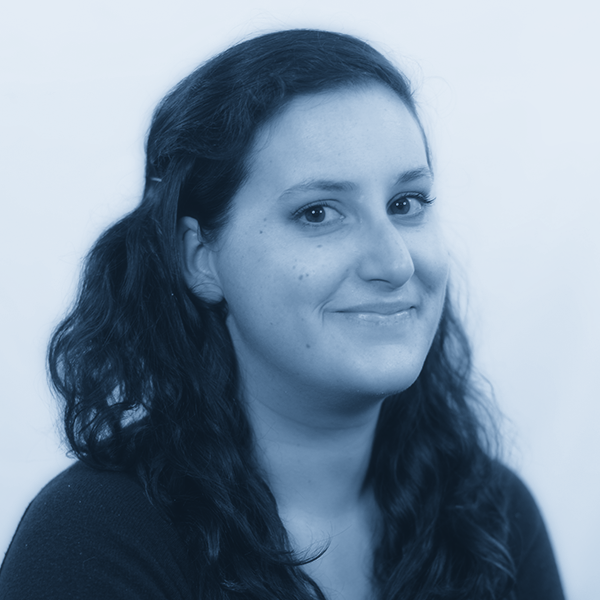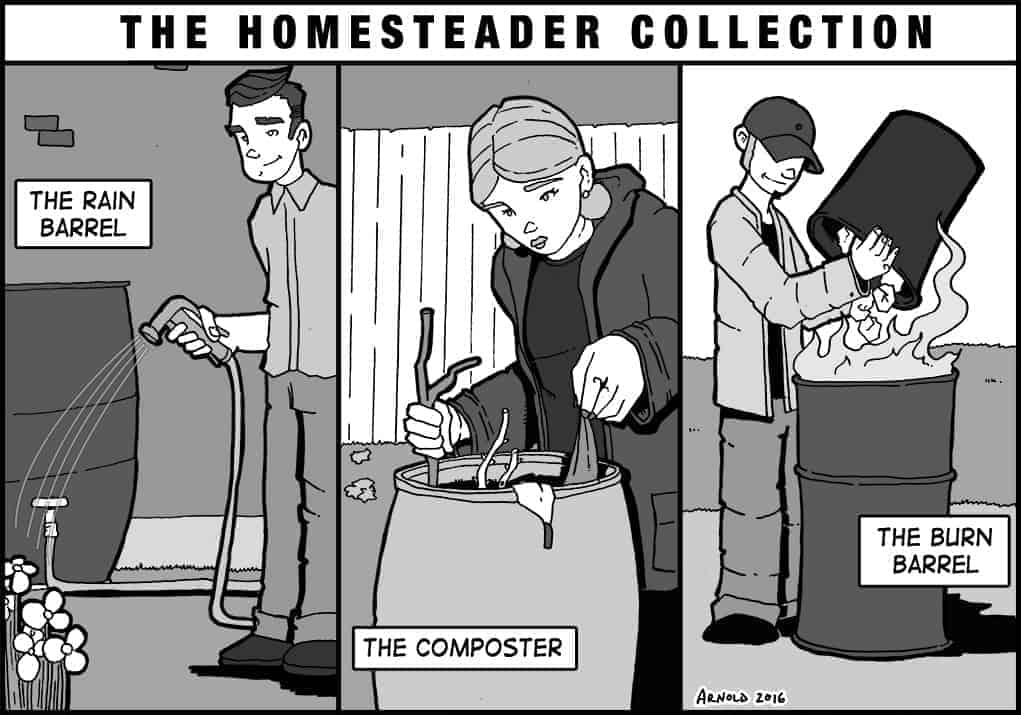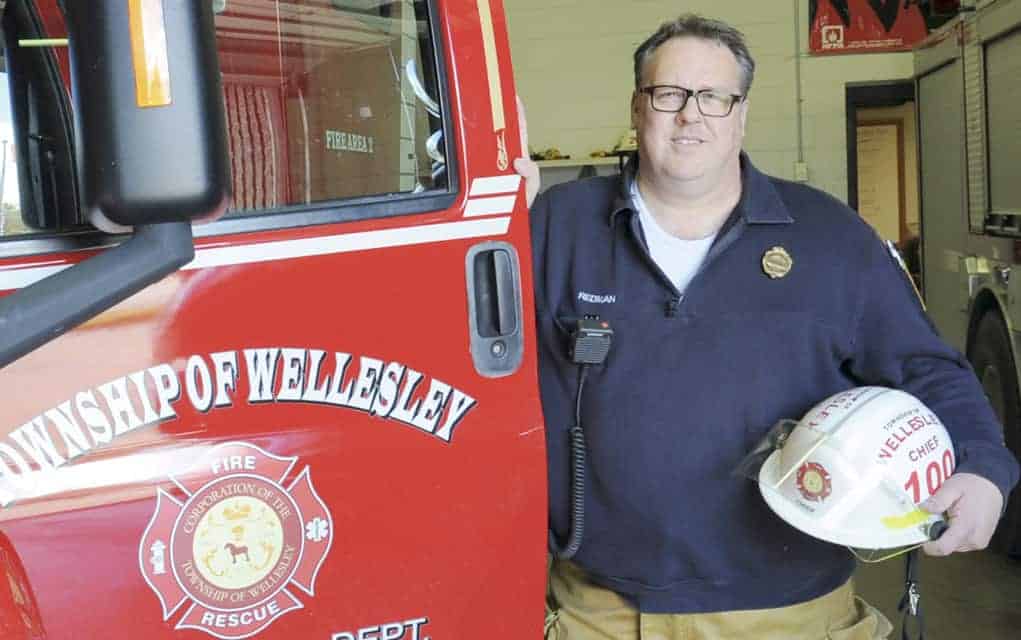With medically assisted suicide coming on stream, doctors with conscientious issues about the practice need more safeguards, say the local Member of Parliament and his provincial counterpart.
Kitchener-Conestoga MP Harold Albrecht and MPP Michael Harris are ready to write to The College of Physicians and Surgeons of Ontario about doctors’ concerns regarding assisted dying, and the need for more protection for doctors who aren’t comfortable with assisting patients in that way.
They held a roundtable discussion with local doctors in Kitchener last week to hear their concerns. It focused on Bill C-14, Medical Assistance in Dying, the Hippocratic Oath, The College of Physicians and Surgeons of Ontario’s requirements for referral, other jurisdictions’ referral options and options for Ontario.
C-14: Medical Assistance in Dying was passed by the Senate in June.
“I think the big thing that people don’t realize is that in a jurisdiction like Alberta, for example, they have the same federal law. They have found a way to serve their patients, so there are doctors who will do it. And there are doctors who will not do it. And those who will not do it are not obligated to make an effective referral to someone who will,” Albrecht explained.
C-14 spent many months under debate in Parliament. Albrecht had argued for safeguards in the bill to protect the conscience rights of physicians and other medical practitioners. That didn’t happen. The College of Physicians and Surgeons within every provincial jurisdiction is charged with the responsibility of developing a set of guidelines and rules for their doctors to follow.
“Michael, as the provincial representative, has been hearing from a number of physicians in his riding, in my riding, very concerned about the fact that in Ontario, unlike almost every other jurisdiction in the world, there is a system in place that actually requires doctors who may have a conscientious objection to participating in any way, including effective referral. They are obligated to do that under the current guidelines,” Albrecht explained.
He says there needs to be an alternative for doctors in Ontario, like in other provinces to address the needs of both patients and doctors. Albrecht said doctors at the roundtable expressed concern about their ability to practice their chosen profession in a way that does not violate their conscience.
“This is not a procedure like any other. This is life and death we’re talking about,” Albrecht said.
He says asking a doctor to help you end your life adds another whole dimension, especially for physicians who have been trained all through their careers to care for people and extend their lives.
His provincial counterpart, Harris, says they hosted the roundtable because of what they were being told from doctors in their riding about The College of Physicians and Surgeons of Ontario’s protocol requiring an effective referral for medical aid in dying. They felt a full discussion on the issue would help direct them as they try to address it provincially.
“We have to respect the law that it is to give Canadians that choice. However, there are concerns from within the medical community, especially physicians, that unlike other jurisdictions like Alberta and B.C. that have effective access through patient navigators, patients or their advocates can in fact dial an 811 number in Alberta and be guided through the system to access service,” Harris said.
He describes it as a punitive process in Ontario where physicians can be punished or lose their license for not making a referral to a doctor who will provide assisted suicide.
Albrecht and Harris’s next step will be to draft a letter to the CPSO about their concerns, as well as speaking with the Ontario health minister and the Attorney General of Ontario.
“Bottom line, other jurisdictions are able to balance the rights of patients to access medical assisted death with doctors’ rights of conscience. We should be able to achieve that same balance here in Ontario,” Harris said.









